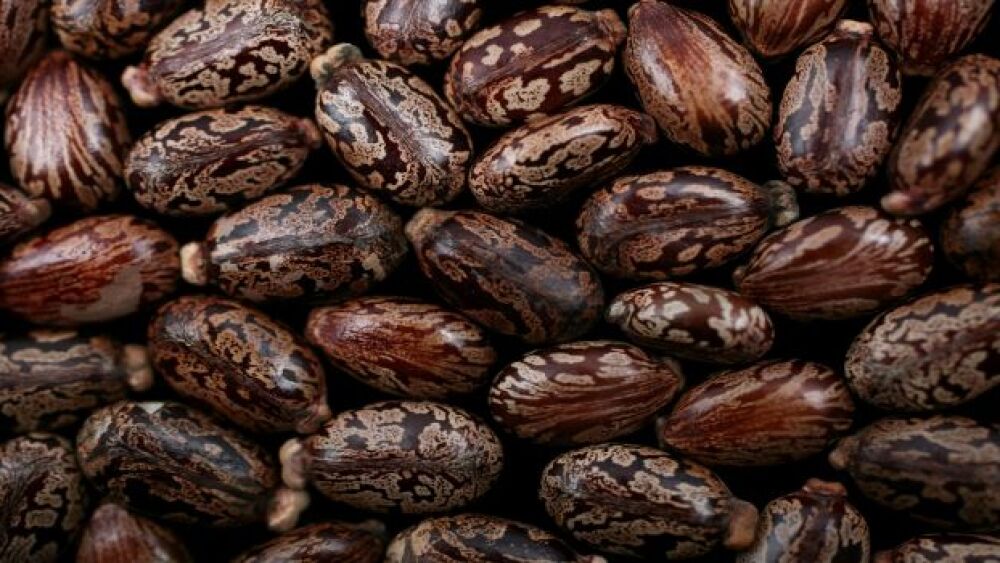The U.S. Attorney’s Office for Massachusetts charged Ishtiaq Ali Saaem, 37, with obstruction of justice for lying about his attempts to acquire 100 castor bean packets in order to develop the bioterror poison ricin. The acquisition was not recent, it took place on June 24, 2015.
Yvonne Hemsey/Getty Images
The U.S. Attorney’s Office for Massachusetts charged Ishtiaq Ali Saaem, 37, with obstruction of justice for lying about his attempts to acquire 100 castor bean packets in order to develop the bioterror poison ricin. The acquisition was not recent, as it took place on June 24, 2015.
Saaem holds a Ph.D. in biomedical engineering and, according to his LinkedIn page, is the associate director of the Broad Institute of the Massachusetts Institute of Technology and Harvard. At the time of the initial incident, he was the director of Gen9, Inc. in Cambridge, Massachusetts. According to charging documents, Saaem ordered 100 packets of castor beans, each containing eight seeds, via an online source. Ricin can be extracted from the beans of the castor oil plant.
According to the U.S. Centers for Disease Control and Prevention (CDC), ricin is a poison naturally found in castor beans. If the beans are chewed and swallowed, they can cause injury, but ricin itself can be developed from the beans as a powder, mist or pellet, and can be dissolved in water or weak acid. Ricin can be deadly with relatively little exposure, with death taking place within 36 to 72 hours, depending on type of exposure and the dose received.
The Attorney’s Office is alleging that Saaem lied to law enforcement agents, saying that he bought the castor beans to plant at his apartment for decoration. He further said he only meant to buy one packet, but accidentally bought 100 packets. The Justice Department stated, “After he spoke to agents, Saaem allegedly researched tasteless poisons that could be made at home.”
On June 24, 2015, according to filed records, Saaem ordered six lily of the valleys on the internet. The lily of the valley is a New England garden plant that the poison convallatoxin can be extracted from, in addition to 800 castor beans, which can be used to make ricin. He paid $321 for the castor beans.
A week later, law enforcement questioned Saaem about his acquisition and he said they were purely for decoration. After he spoke to law enforcement, he then searched the internet for tasteless poisons and rat poison and visited a website about poison in apple seeds. He also visited other webpages related to natural and homemade poisons.
Four years later on July 29, 2019, he again spoke with law enforcement officials and is accused of then stating he only planned to buy one packet of castor beans because he liked the color of the plant’s leaves. A month later he was subpoenaed to appear before a federal grand jury in Boston.
An obstruction of justice charge could include a sentence of up to 20 years in prison, three years of supervised release and up to a $250,000 fine. A federal district court judge imposing sentences based on the Sentencing Guidelines and other statutory factors.
The announcement was made by Acting United States Attorney Nathaniel Mendell and Joseph R. Bonavolonta, Special Agent in Charge of the FBI, Boston Field Division. The case is being prosecuted by Kriss Basil, Assistant U.S. Attorney of Mendell’s Securities, Financial & Cyber Fraud Unit.
The U.S. Attorney’s Office for Massachusetts adds that these are allegations and Saaem is presumed innocent unless and until proven guilty beyond a reasonable doubt in a court of law.





